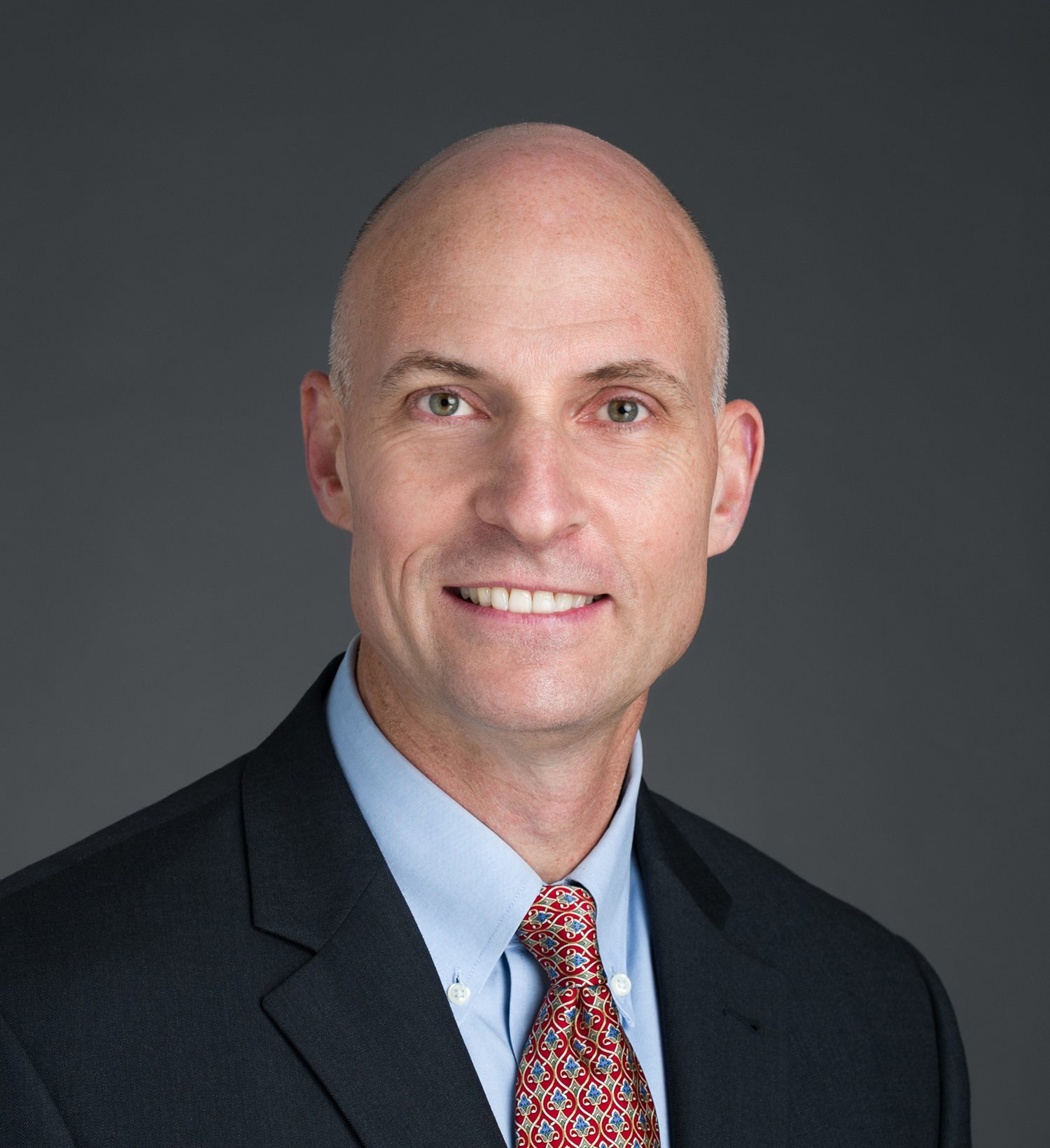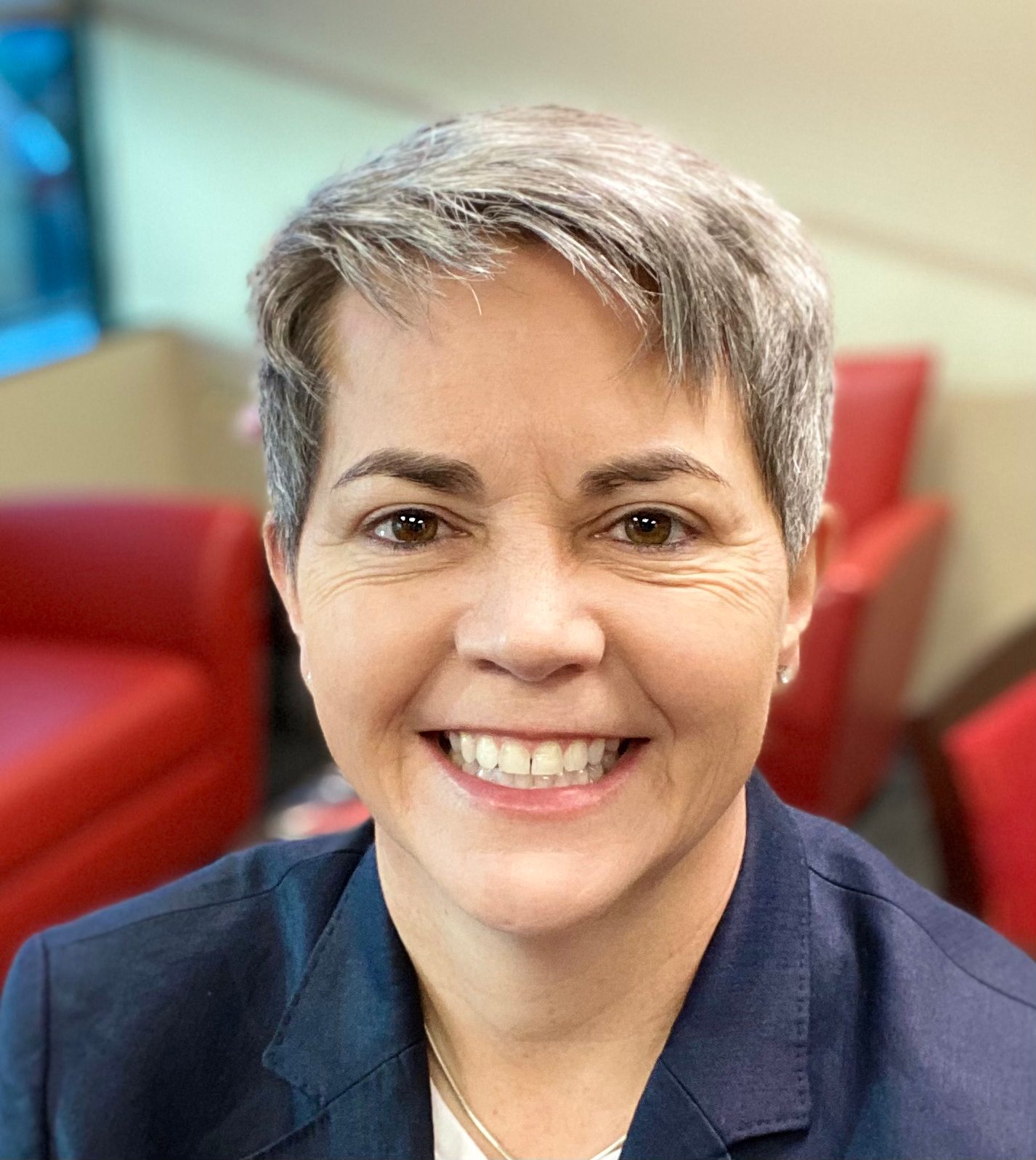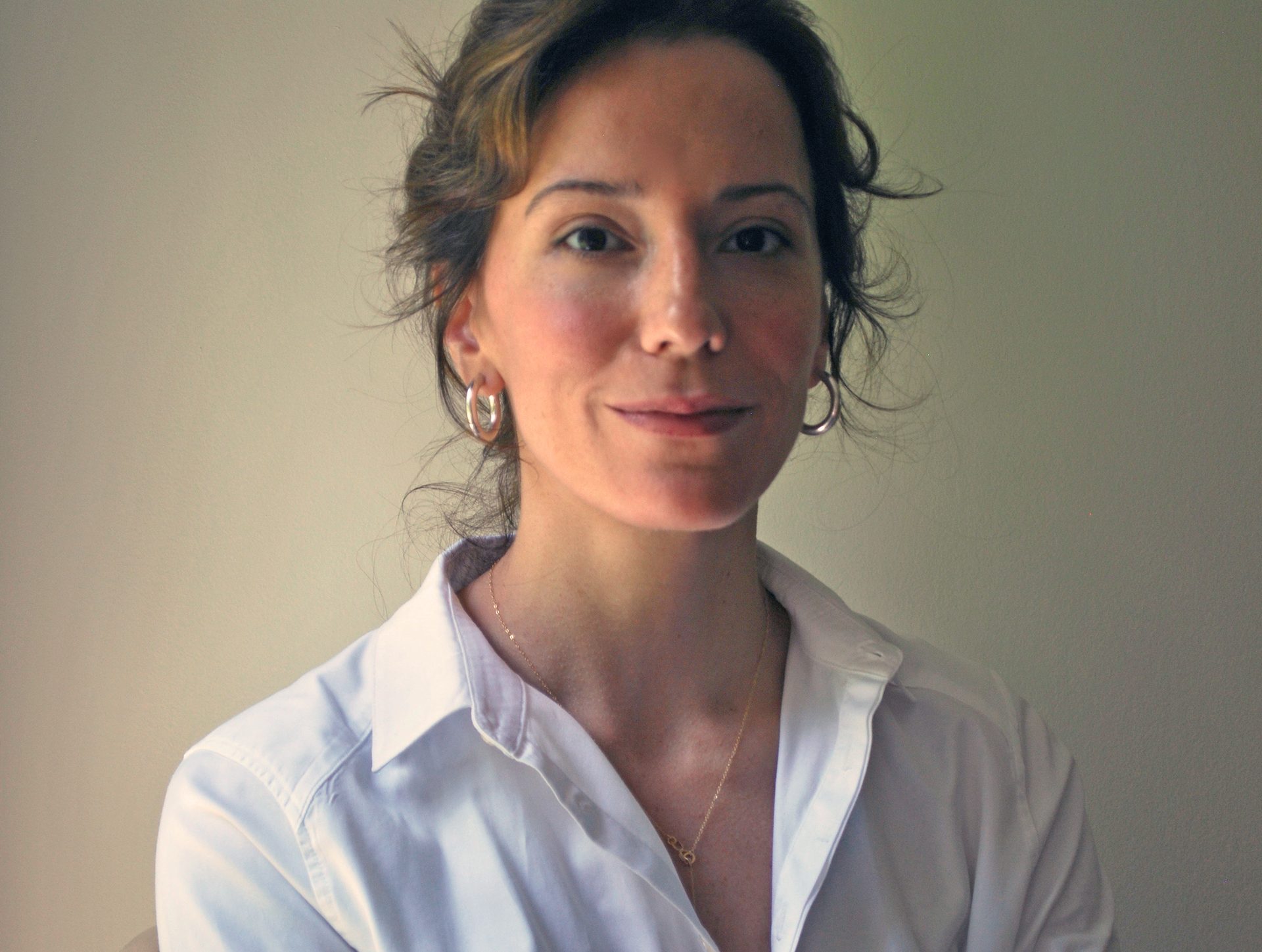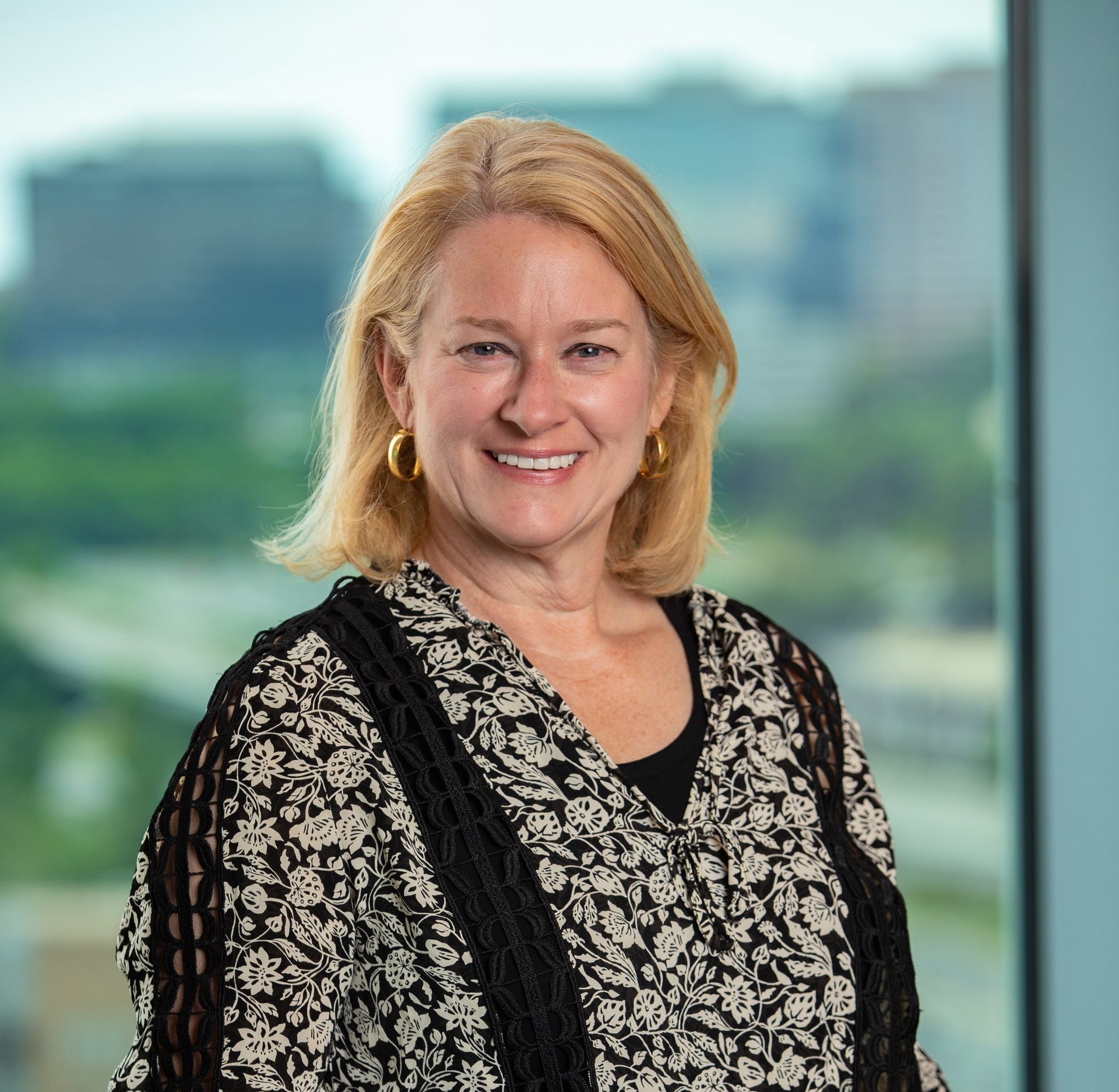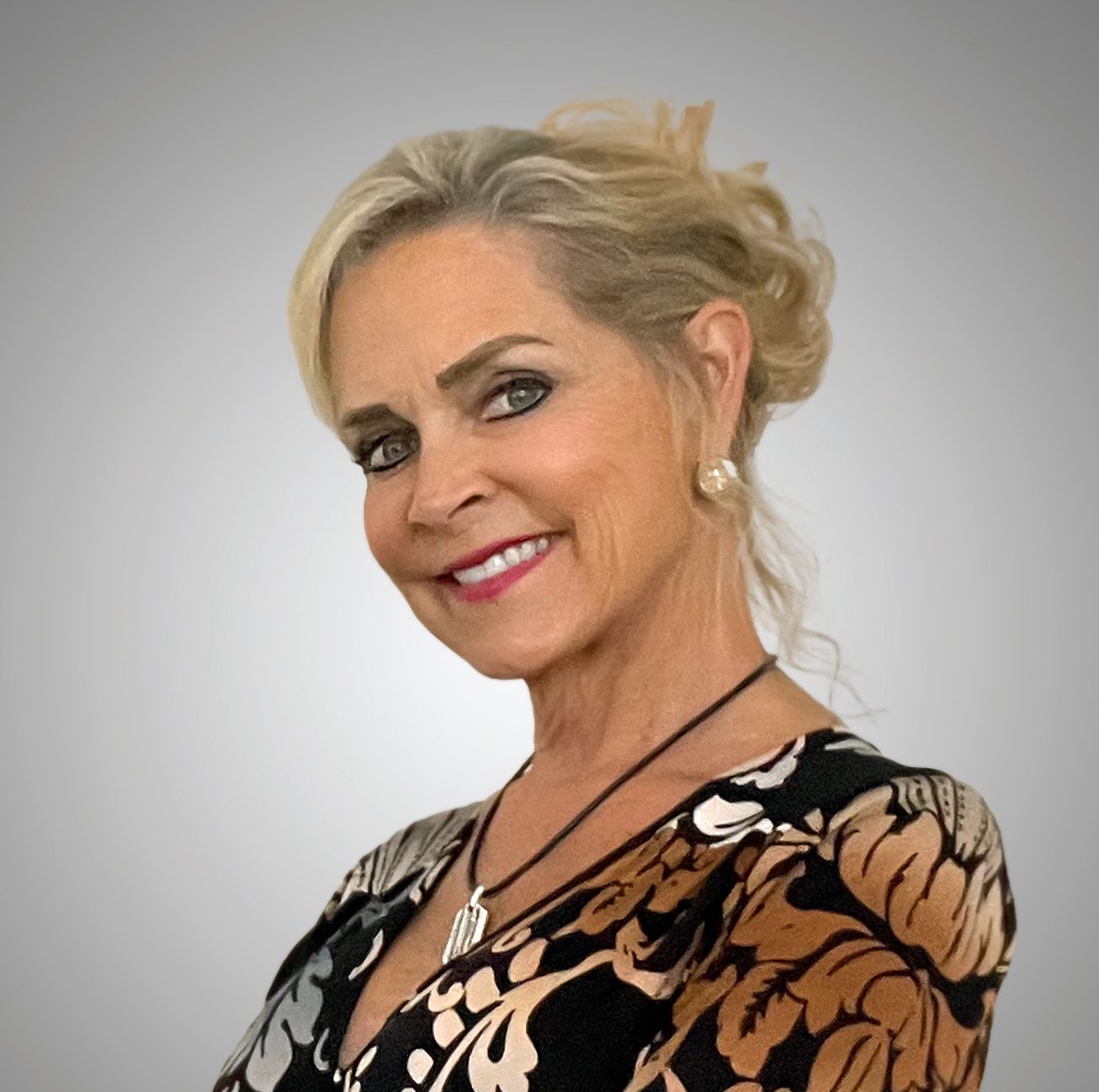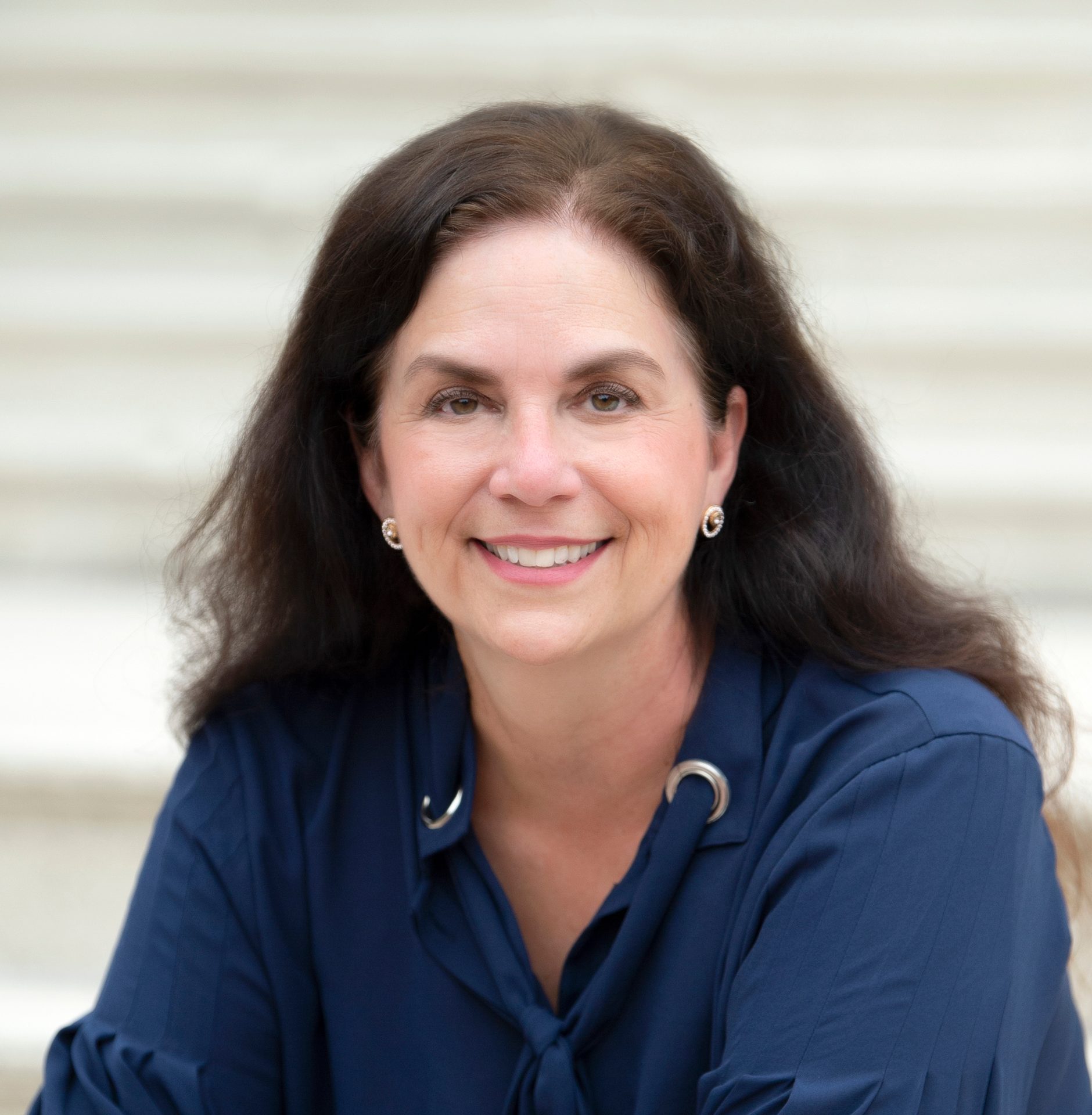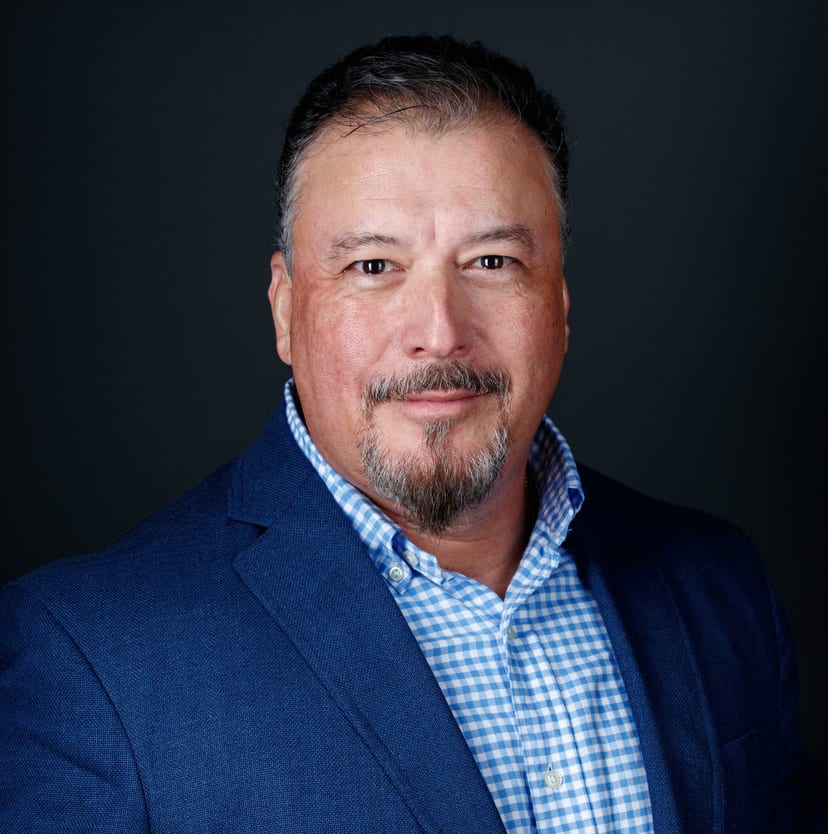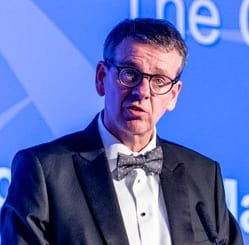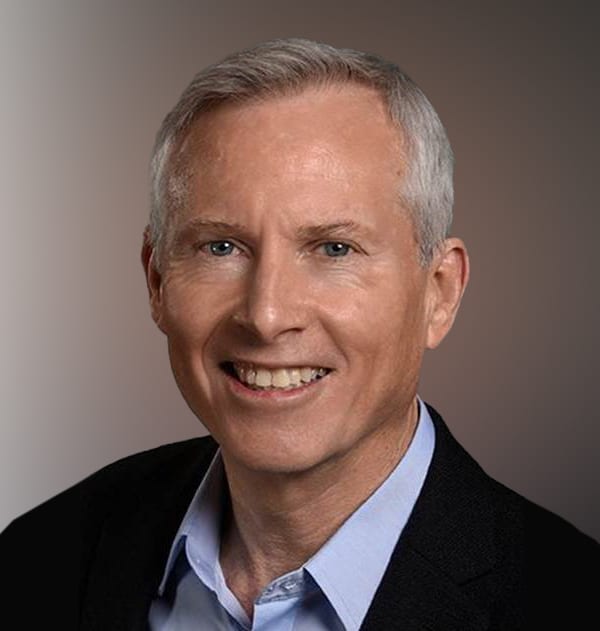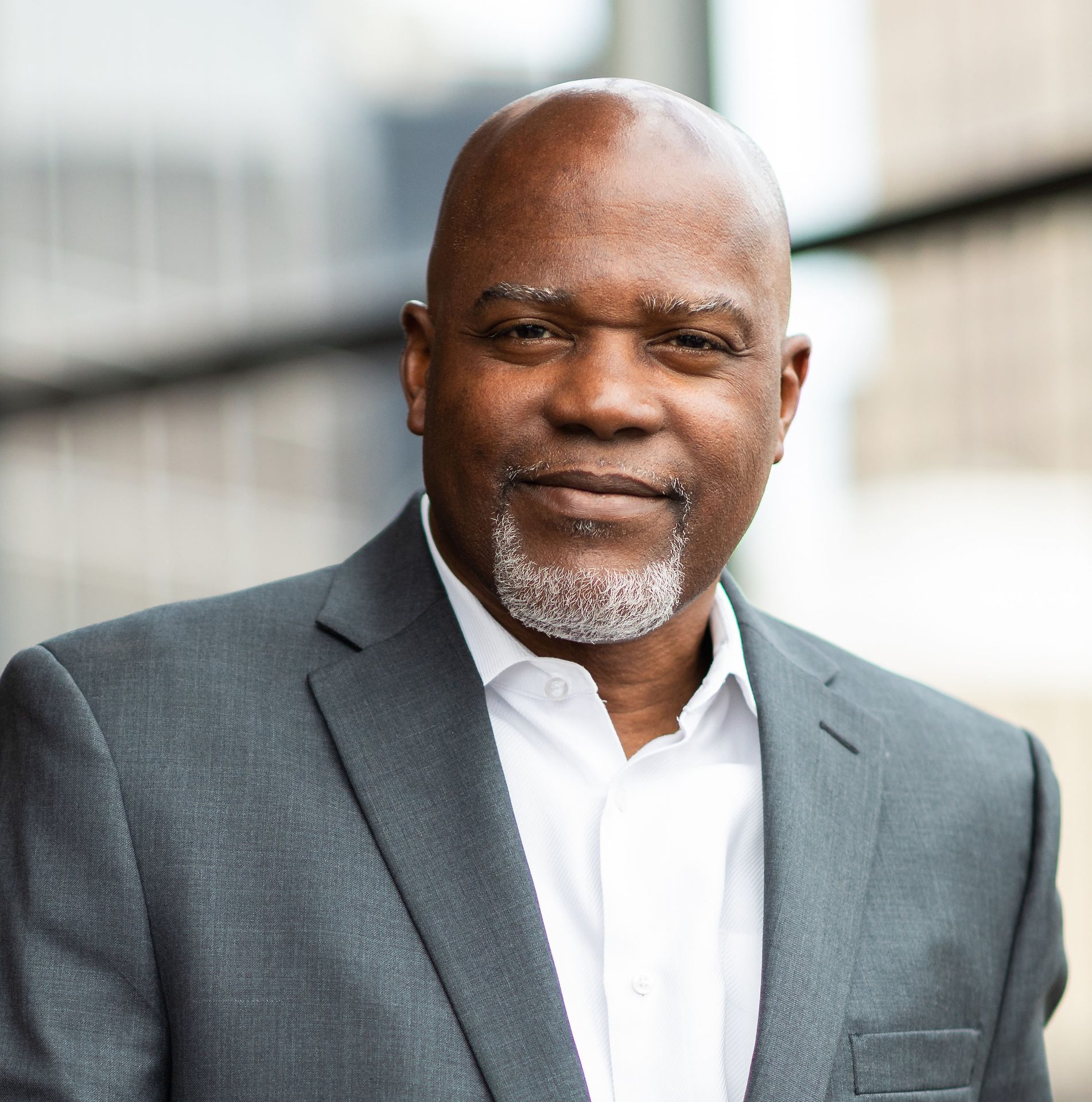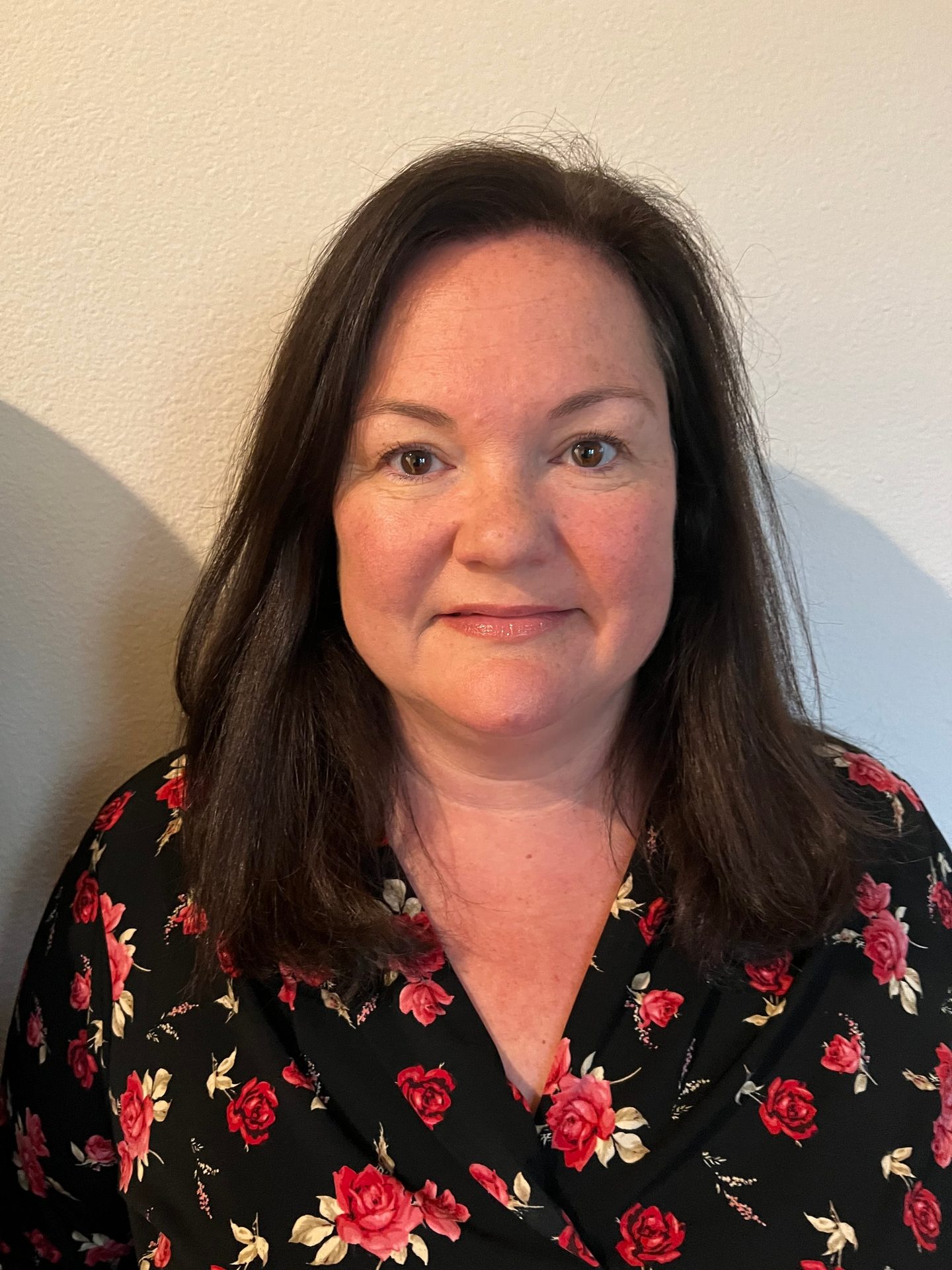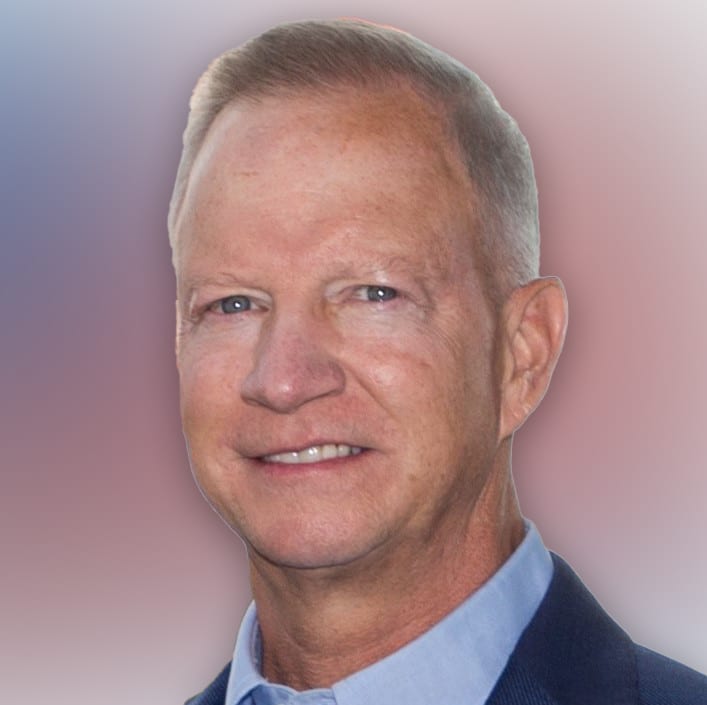september 2022

Special Report / THE MOST INFLUENTIAL PEOPLE IN SECURITY 2022
Most influential MENU
Bio Image courtesy of Davies
Background image courtesy of metamorworks / iStock / Getty Images Plus / Courtesy of Getty Images

Sandi Davies
Chief Executive Officer
International Foundation for Protection Officers
By Maggie Shein, Editor in Chief
Sandi Davies once had a conversation with a security guarding firm executive. “He told me, ‘When people buy cups, it doesn’t matter what kind of cup it is. It’s the same with security officers,’” Davies recounts. “I was dumbfounded by this. As an industry, how can we move forward if we have such a careless attitude toward our frontline security professionals that are charged with protecting people, assets and property? They are charged with one of the most important jobs, in my opinion, and we must recognize that and treat them as such.”
Davies is outspokenly passionate about elevating the perception and reputation of security officers, and she has spent her entire professional career with this singular focus. The foundation for her life’s work was first laid when she was 17 years old, working for a security contractor in an administrative capacity. “I saw people come into the office, slap on a uniform and be sent out to protect huge office buildings or campuses the next day. It’s such an ingrained memory for me to see people that had little or no training be in charge of protecting such important assets,” Davies says. “I realized very quickly that this industry needed to be treated as a profession with standard curricula and training and garner a level of respect for the betterment of these working people.”
Not long after that experience, Davies became part of the International Foundation for Protection Officers (IFPO), first founded in 1988, where she serves as Chief Executive Officer. In those early years, running a nonprofit dedicated to providing education, certifications and training courses to protection professionals wasn’t easy. “Certification programs weren’t really well received in the industry at that point; people didn’t understand why officers should be trained and certified,” Davies says. But Davies describes herself as “extremely competitive” — after all, in her youth, she was training to become a professional figure skater until a shattered knee cap foiled those plans — and it was this natural competitiveness, drive to succeed, and belief in the mission that helped the organization stay above water until 9/11 occurred. “When September 11 [2001] happened, our phone started ringing. People began to realize that the industry needed a preventative mindset within security rather than a reactive one and that security officers needed to be a part of that,” she says.
I consider it my lifelong goal to elevate the reputation of our security officers and have people acknowledge their contributions and service to the industry and communities globally.
Now, going on 34 years, what was once a fledgling nonprofit in one country now offers targeted, country- and culturally specific training, education and certifications in multiple languages to security professionals in 56 countries around the globe.
Davies was responsible for delivering the first security-related training program for women in Saudi Arabia in 2009. Guarding company G4S had a large contract with private research university King Abdullah University of Science and Technology (KAUST), the first mixed-gender university campus in the country. The King of Saudi Arabia wanted women to work in security positions — a very unusual concept at the time, Davies says. Because of religious and cultural rules, only women were allowed to teach other women — and that’s where Davies stepped in.
“I was fearful at the time because — of everything I had done in my career, spoken on, written about and talked about — I hadn’t ever actually instructed our courses in a classroom before,” she laughs. It turned out to be one of the most rewarding experiences Davies has had. “I taught 36 of the most incredible, eager to learn, committed women I’ve ever met and there are still women security officers working there today,” she says.
Through IFPO and her platform as a well-respected expert in security management, education and training, Davies has had an impact on the industry beyond certification and training. She has been involved with editing or writing multiple books and articles, including the most recent ninth edition of IFPO’s training curriculum manual. In 2016, Davies was invited to write a book on female security professionals. “Women in the Security Profession: A Practical Guide for Career Development” includes contributions from a number of security leaders in the industry about their careers, their advice, their struggles, and their experiences to encourage and inspire others in the industry.
As she reflects on the past, one of the projects Davies says she is most proud of is the 2021 independent research project that IFPO commissioned Perpetuity Research to conduct on insights from security officers into their work, their training, their roles and responsibilities and more. Titled “The Competence of Frontline Security Professionals and What They Say About Their Work,” the project had been a dream of Davies to conduct for several decades before the organization was finally able to make it come to fruition along with other sponsor support. “I would say it’s one of my biggest accomplishments because, without research into what’s going on right now, we can’t move forward,” Davies says.
It’s Davies’ (and the IFPO staff’s) vision to ultimately use this research to help persuade the Department of Labor to recognize security officers as a profession at the government level. And, in turn, it’s Davies’ ultimate intention to have the industry accept national guidelines on requirements and educational minimums for the security officer profession.
“It is my number one goal to have a national guideline. I want the industry and the public to understand what is expected of a security officer, physically and mentally, and recognize their skillset as a profession and a career,” Davies says. “In today’s world where law enforcement agencies are being defunded and violence continues to occur, more emphasis is being placed on private industry to make everyone safer. I consider it my lifelong goal to elevate the reputation of our security officers and have people acknowledge their contributions and service to the industry and communities globally.”

Impacting enterprises, communities and nations, these 12 security leaders are making a positive difference in the security industry.

september 2022 / SECURITYMAGAZINE.COM

